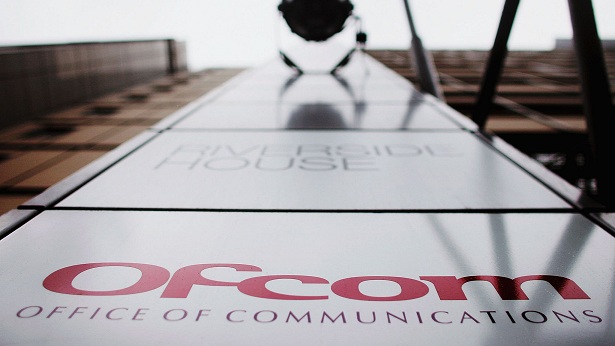
LONDON: Ofcom, UK’s communication regulator, has raised a total of £1.356 billion from the principal stage spectrum auction, with all money to be paid to HM Treasury.
Ofcom has announced the outcome of the principal stage of its auction to release more airwaves to improve mobile services and support 5G.
A total of 200 MHz of spectrum was available to bid for in the auction, split across two bands:
· 80 MHz of spectrum in the 700 MHz band. These airwaves consist of 2×30 MHz of paired frequency spectrum, and 20 MHz of supplementary downlink spectrum. The 700 MHz airwaves are ideal for providing wide area coverage – including in the countryside.
· 120 MHz of spectrum in 3.6-3.8 GHz band. These important airwaves are part of the primary band for 5G and capable of boosting mobile data capacity, carrying lots of data-hungry connections.
Four companies – EE Limited, Hutchison 3G UK Limited, Telefónica UK Limited and Vodafone Limited – took part in the principal stage of the auction, which involved them bidding for airwaves in 34 ‘lots’ to determine how much of the available spectrum they each secured. Principal stage bidding has now ended and Ofcom has published the results.
Results of the principal stage
· EE Limited has won 2×10 MHz of paired frequency spectrum in the 700 MHz band at a cost of £280,000,000; 20 MHz of supplementary downlink spectrum in the 700 MHz band at a cost of £4,000,000; and 40 MHz in the 3.6-3.8 GHz band at a cost of £168,000,000.
· Hutchison 3G UK Limited has won 2×10 MHz of paired frequency spectrum in the 700 MHz band at a cost of £280,000,000.
· Telefónica UK Limited has won 2×10 MHz of paired frequency spectrum in the 700 MHz band at a cost of £280,000,000; and 40 MHz in the 3.6-3.8 GHz band at a cost of £168,000,000.
· Vodafone Limited has won 40 MHz in the 3.6-3.8 GHz band at a cost of £176,400,000.
The total revenue raised from the principal stage is £1,356,400,000 with all money to be paid to HM Treasury.
The auction will now move to the ‘assignment’ stage. This process involves a single bidding round in which the companies can bid for the frequency positions they prefer for the airwaves they have secured in the principal stage.
After submitting their assignment stage bids in the 3.6-3.8 GHz band, bidders will then have the opportunity to negotiate the frequency positions among themselves – if they want to join together the airwaves they have secured with spectrum they already hold in the wider 3.4-3.8 GHz band. This will be subject to whether the companies wish to enter the negotiation period. If they do, we will publish the dates for the negotiation period.
The final results of the auction – including the total amounts paid, the specific frequencies secured for each bidder, and the outcome of any agreements reached in the negotiation period – will be published once all stages are complete.
Philip Marnick, Group Director, Spectrum at Ofcom: “With bidding in the principal stage concluded, we now move to the next stage of the auction where the operators will have an opportunity to negotiate the position of their spectrum holdings in the wider band. This is an important step forward in bringing better mobile services to people – wherever they live, work and travel. These airwaves will help improve coverage for the mobile services people use today, as well as supporting the UK’s position as a world leader in 5G.”